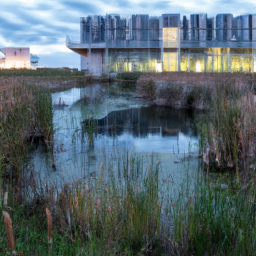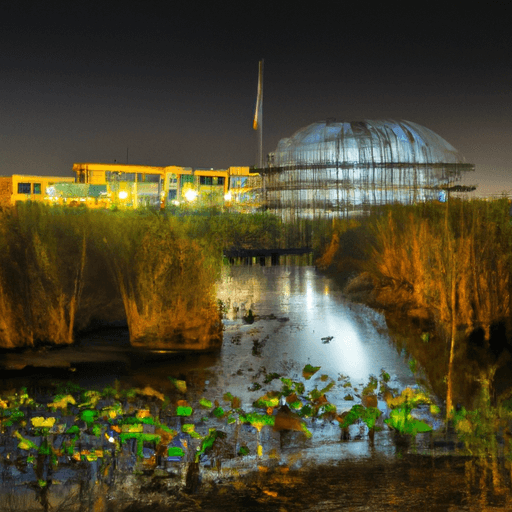359
Newsletter
Subscribe to our newsletter for exclusive content, latest news and trends, and exciting new features.
Tranding
Categories
Travel and tourism
Health and wellnessBeauty and personal careTechnologyMusic and EntertainmentEnvironment and sustainabilitySports and fitnessPets and animalsEntertainmentFood and cookingGaming and esportsEducation and learningArts and cultureLifestyleBusiness and entrepreneurshipHome and gardenLiterature and writingScience and nature


















Comments
Leave a Comment